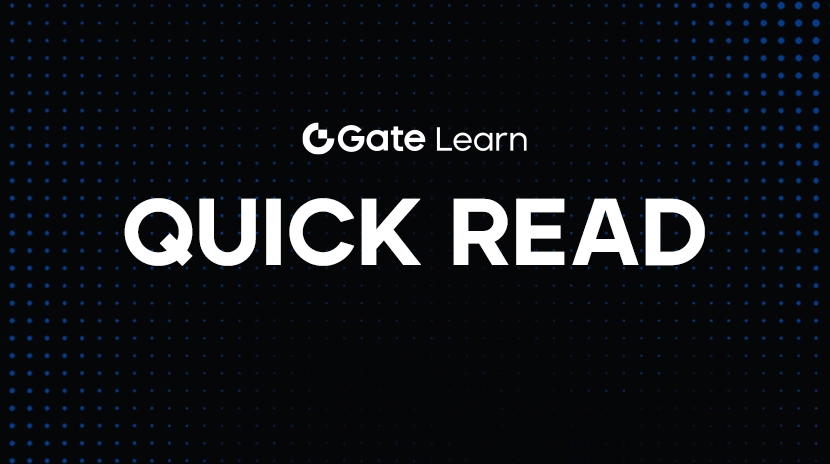Pi Network P2P 交易风险防范与安全交易指南
Pi Network P2P 交易:潜在风险需警惕

图:https://minepi.com/blog/open-network/
Pi Network 的 P2P 市场为用户提供了去中心化的交易平台,允许 Pioneers 直接与其他用户进行点对点交易。在这个市场中,用户可以购买或出售 Pi 币,但与其他交易平台不同,P2P 交易没有第三方中介的介入,因此其本身也带有一定的风险。
常见的风险包括:
- 诈骗活动:有些不法分子可能会伪装成合法的买卖双方,通过虚假的交易活动骗取 Pi 或法定货币。特别是那些提供极低价格或承诺未来高回报的交易,往往是诈骗的常见手法。
- 假冒平台和业务:一些恶意网站、APP 或平台可能会伪装成 Pi Network 的官方渠道,诱使用户向其转账 Pi 币或法定货币。Pi Network 明确表示,只有通过 Pi Safety Center 验证的链接和资源才是官方推荐的渠道。
- 非法活动:如果某个 P2P 交易平台或业务不在 Pi Network 官方认证的 KYB(Know Your Business)列表上,那么它极有可能是非法的或不受 Pi Network 支持的。在这些平台上进行交易,用户面临的诈骗风险更高,可能导致损失 Pi 币或法定货币。
为何选择主流交易所如 Gate.io 进行交易
Pi Network 的 P2P 市场为用户提供了一个去中心化的交易平台,但随着 Pi 的正式主网启动,选择合规的集中式交易所进行交易,变得更为安全且便捷。交易所如 Gate.io 等已经开始支持 Pi 币的交易,并且通过这些平台进行交易,用户可以享受更加可靠的保障。
选择主流交易所的优势包括:
合法合规的交易环境:主流交易所通常会遵守国际金融监管要求,采取严格的安全措施来保护用户资金。在交易所进行交易时,平台会对用户身份进行验证(KYC),确保每个交易的合法性。
高效的交易体验:与 P2P 市场相比,集中式交易所提供更加快速和流畅的交易体验。用户无需等待对方响应,可以快速地完成交易,特别是在市场价格波动较大的情况下,交易所提供的流动性使得买卖更加顺畅。
安全性保障:大多数主流交易所(如 Gate.io)都设有冷钱包、双重身份验证(2FA)等安全防护措施,确保用户资金的安全。与 P2P 交易不同,交易所通常会有专门的客服团队处理任何纠纷或问题,帮助用户减少交易中的不确定性和风险。
市场透明度:在交易所,用户可以看到实时的市场价格和交易量,帮助他们做出更加明智的交易决策。透明的市场定价和公开的交易数据,使得用户可以避免由于不知情而做出不利交易的风险。
如何在Gate.io等交易所安全交易Pi币
注册并完成 KYC 认证:在 Gate.io 等平台上进行交易之前,用户需要先完成平台的 KYC(Know Your Customer)认证,这一步骤帮助平台确认交易者的身份,提高交易的安全性。
选择合法交易对:确保你选择的交易对是平台合法支持的交易对。比如,Pi 币与 USDT 或其他主流币的交易对,能够提供更高的流动性和价格透明度。
启用双重身份验证(2FA):为了增强账户安全性,建议用户启用双重身份验证功能,这样即使账户密码泄露,也能有效防止未经授权的登录和交易。
选择合适的支付方式:在交易所中进行法币充值或提币时,选择合法且安全的支付方式。避免通过未经过验证的支付渠道进行资金转移,以防被骗。
保持警惕,远离不合法渠道:如果遇到不明链接、平台或个人要求转账 Pi 市或法定货币,务必保持警惕。Pi Network 从未要求用户进行此类操作,任何此类请求都应视为潜在的诈骗行为。

图:https://www.gate.io/trade/PI_USDT
如何识别非法的P2P交易风险
低于市场价的交易:如果某笔交易提供的价格远低于市场价,极有可能是骗局。骗子通常会用吸引人的价格来诱惑用户,获取 Pi 币或法定货币。
没有 KYC 认证的商家:只有通过 Pi Network 的 KYB(Know Your Business)认证的商家才能合法进行 Pi 币交易。如果商家不在认证名单上,应该避免与其进行任何交易。
无偿转账要求:任何要求你先转账资金(无论是 Pi 币还是法定货币)的人,都可能是诈骗分子。Pi Network 和合法交易平台永远不会要求用户提前支付或转账资金。
总结:确保安全,避免风险
随着 Pi Network 的主网上线,Pi 币的交易变得更加广泛,但也伴随着一些潜在风险。Pioneers 在进行 P2P 交易时,务必保持警惕,避免与不法分子交易,确保所有交易都通过官方渠道或合法的交易所进行。如果可能,选择像 Gate.io 这样的主流交易平台进行 Pi 币交易,不仅交易更加安全,还能享受更高效的服务和更强的资金保护。
记住,Pi Network 永远不会要求用户转账 Pi 币或法定货币。任何此类请求都应被视为诈骗,切勿参与。保护好你的 Pi 账户,避免受骗,确保你的资产安全。
相关文章
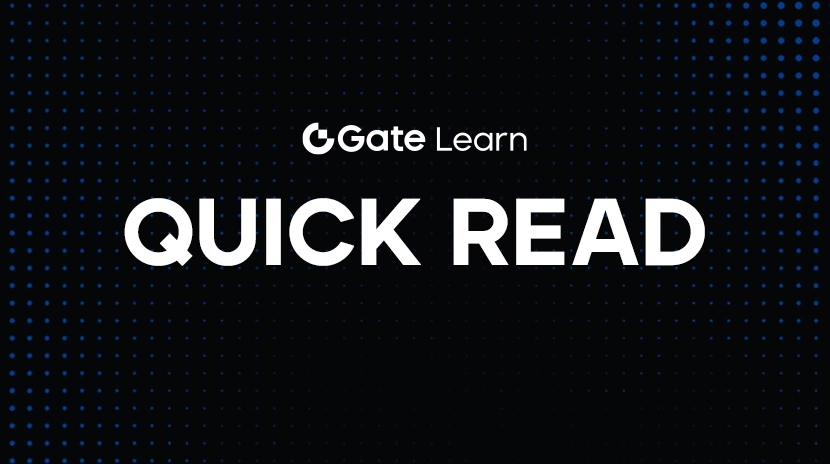
Gate BTC 挖矿:质押 BTC,轻松每日赚取链上收益
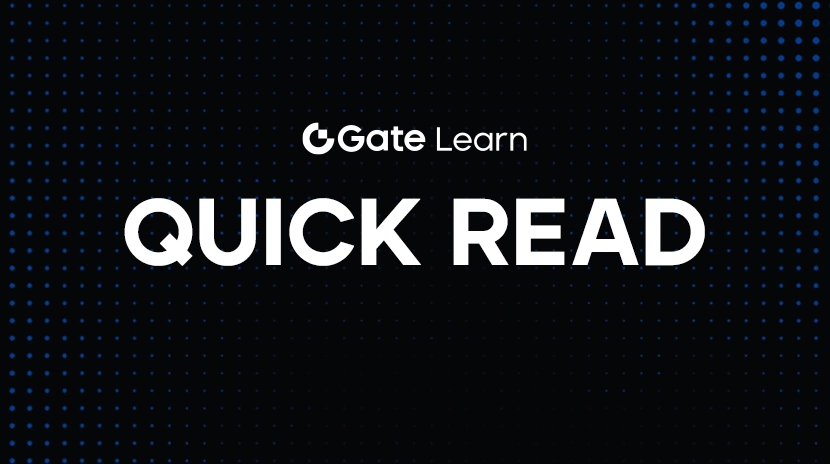

ETF 助力 Nasdaq Turns Positive in 2025:捕捉科技浪潮红利
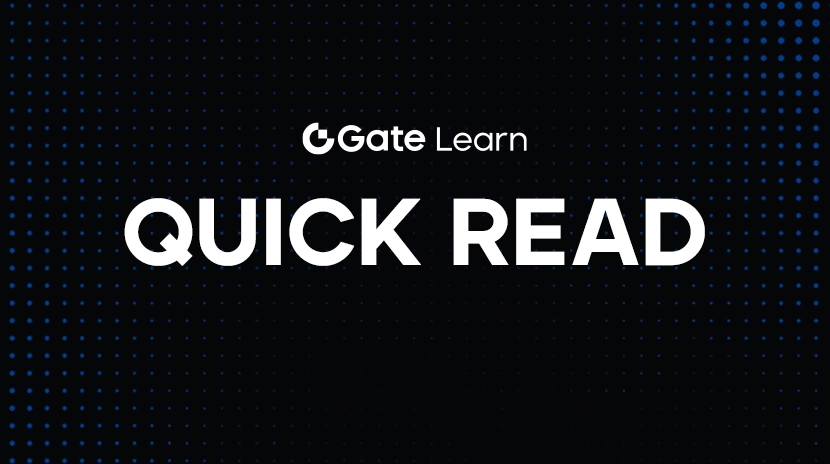
纳斯达克 100 指数最新动态与投资策略
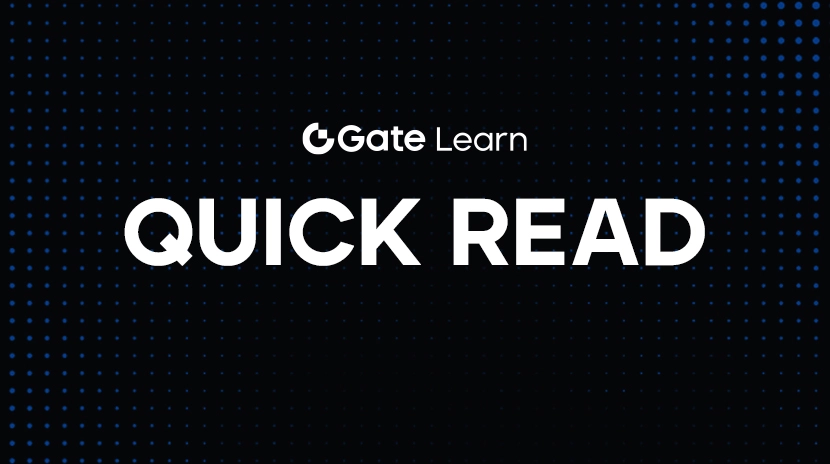
2025 年特朗普关税政策深度分析
